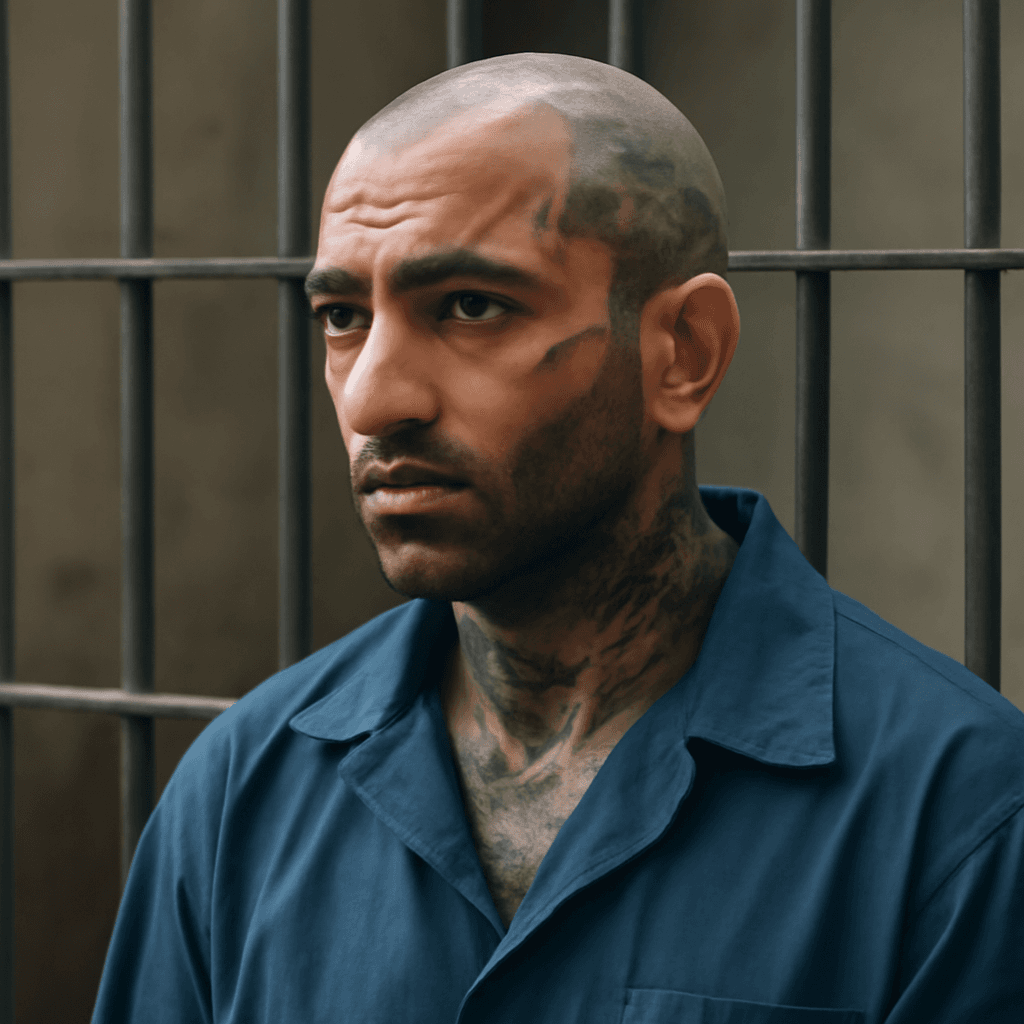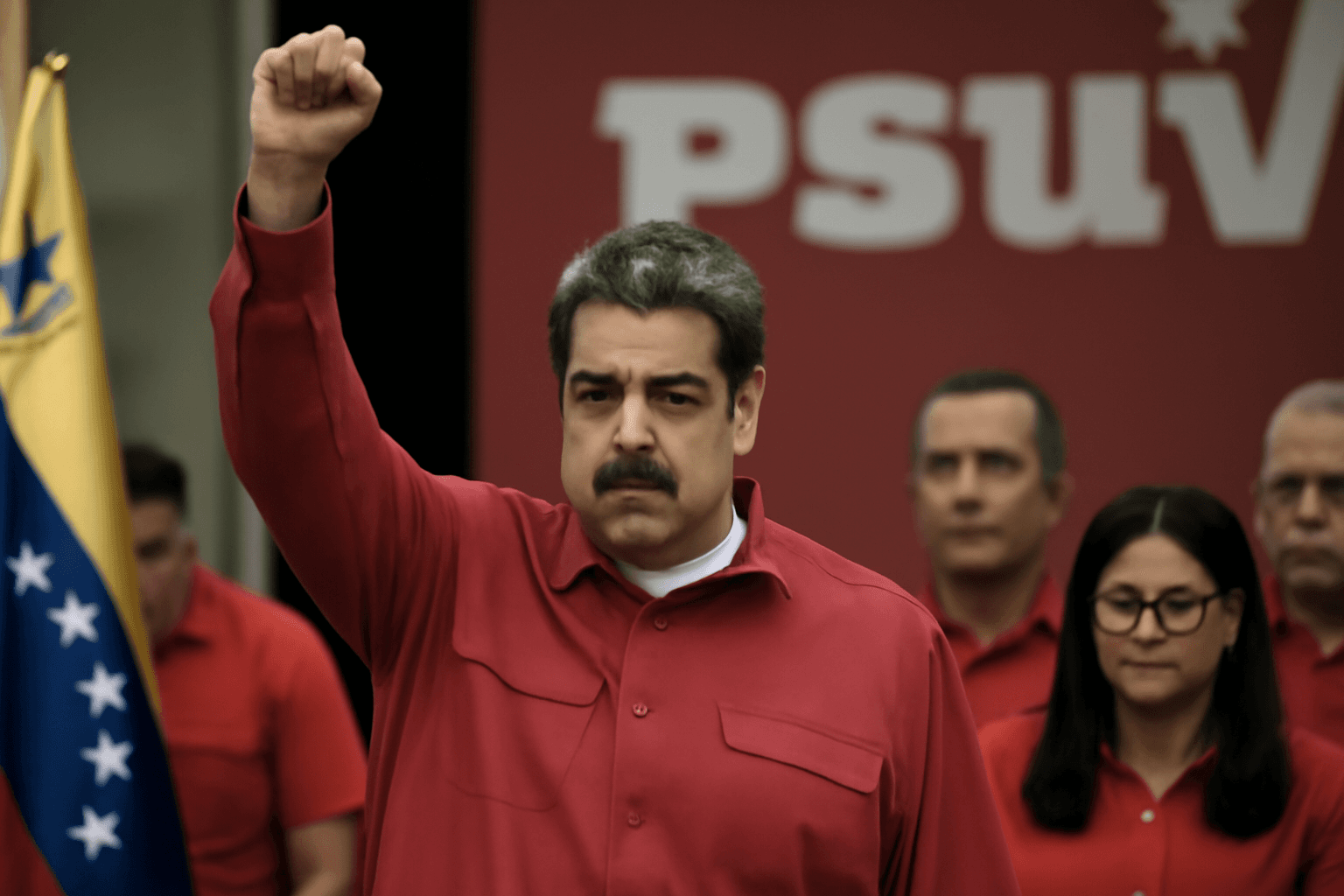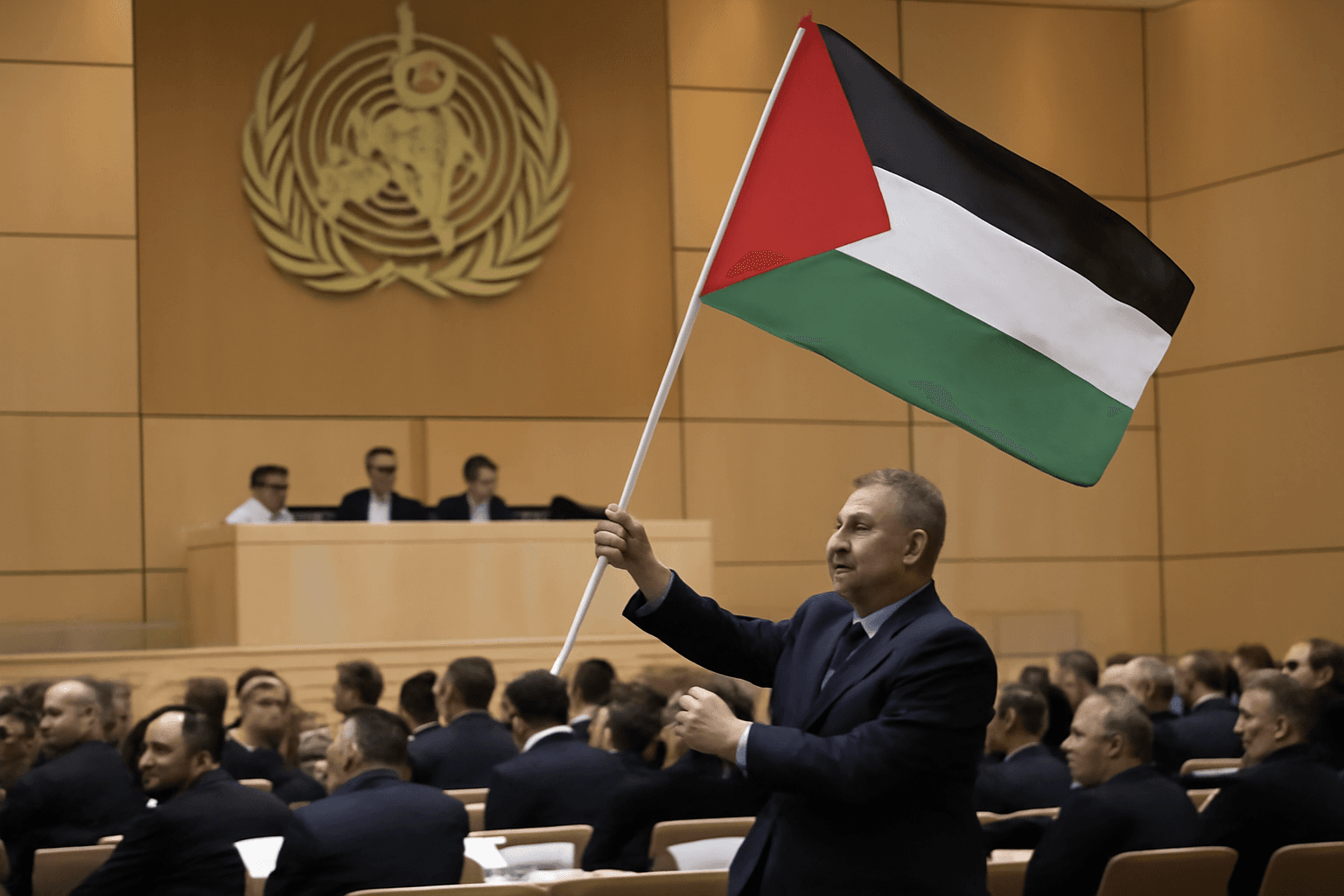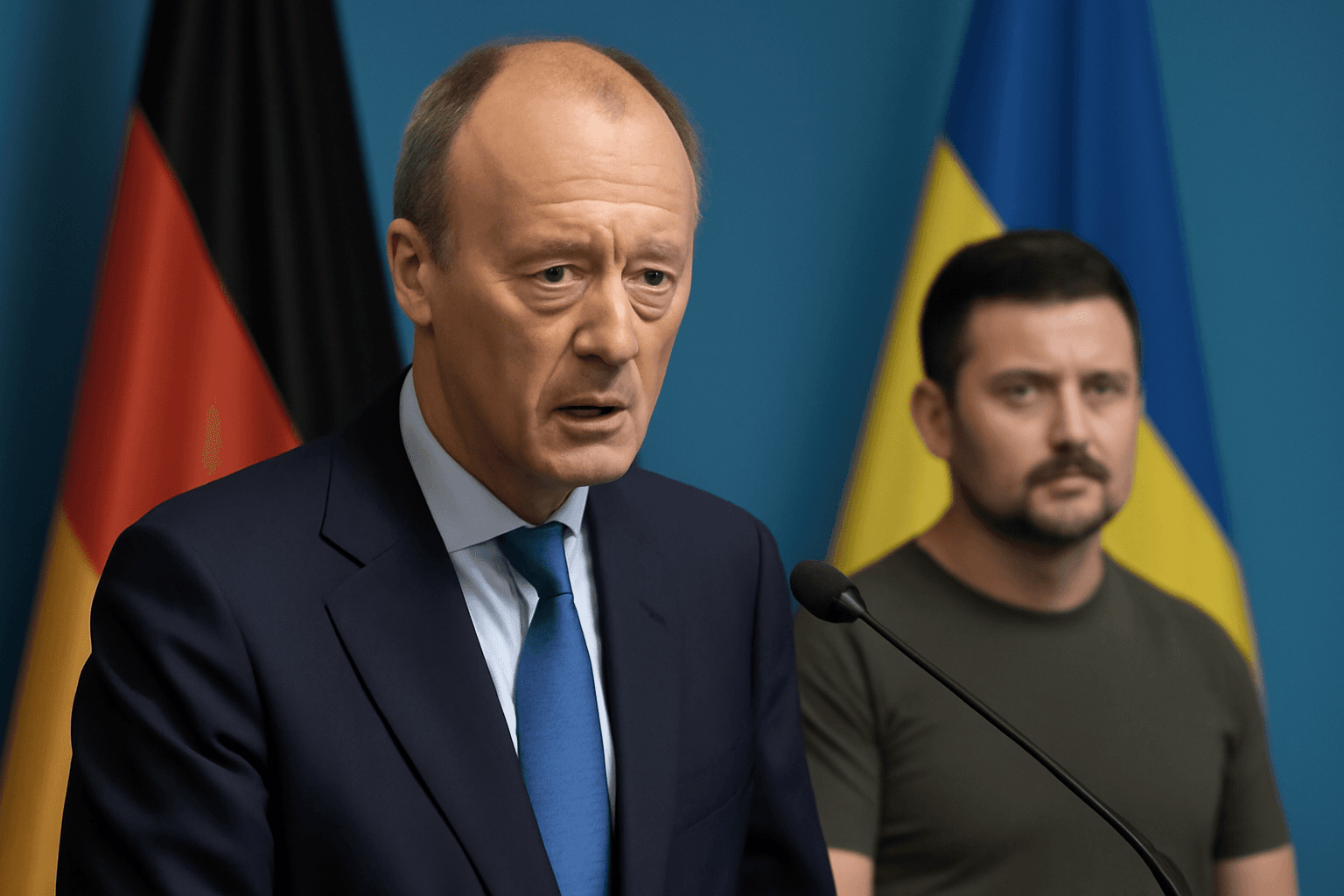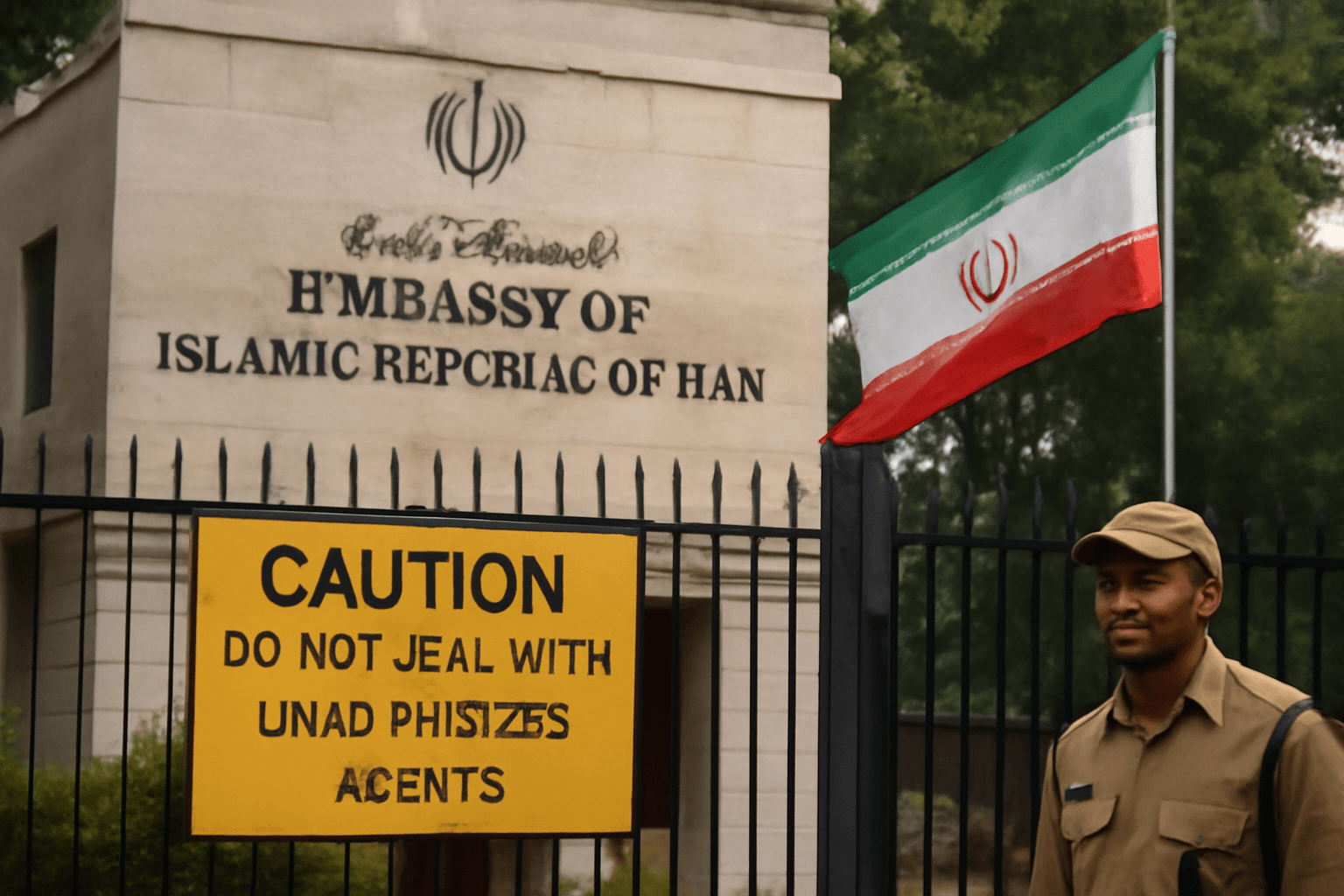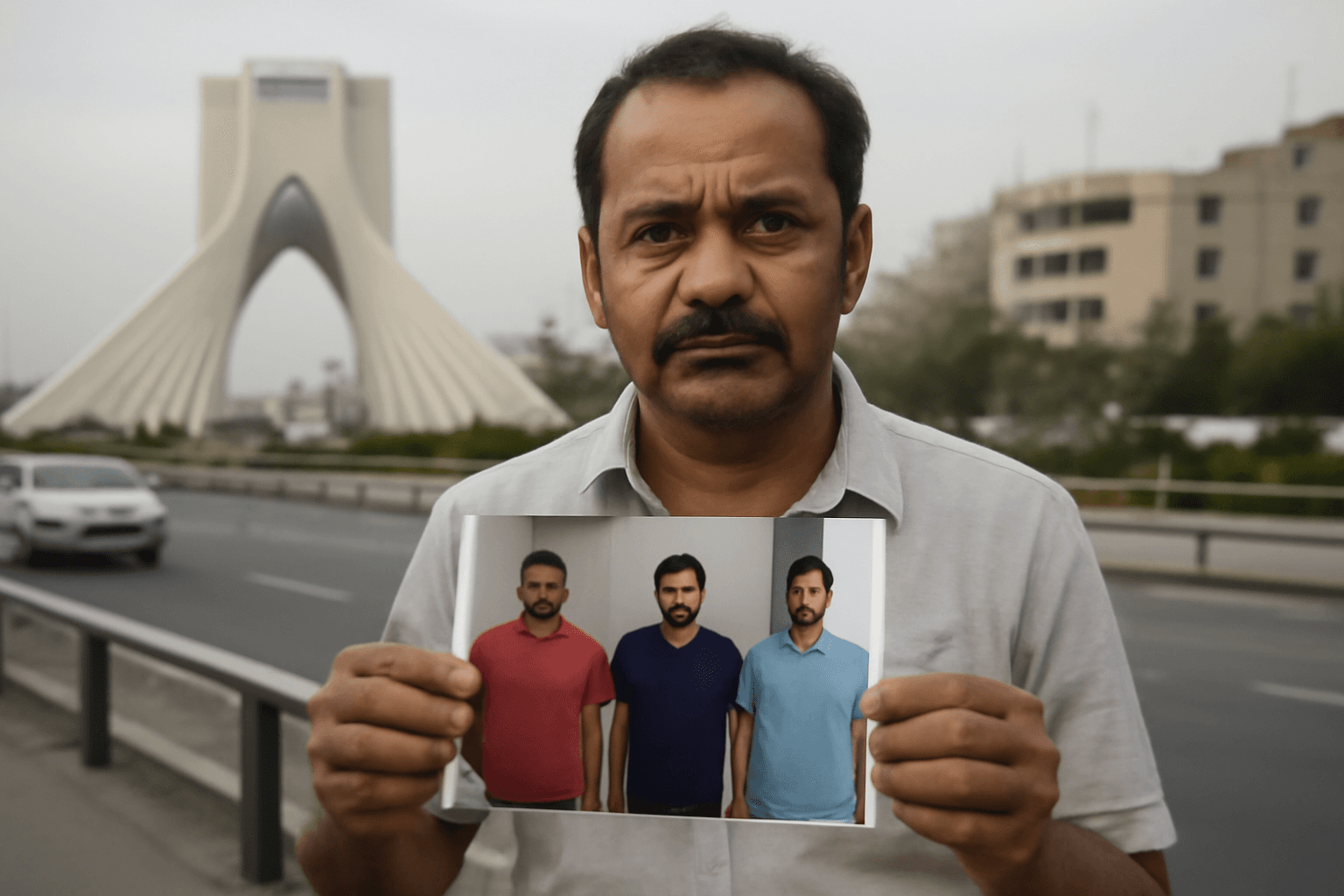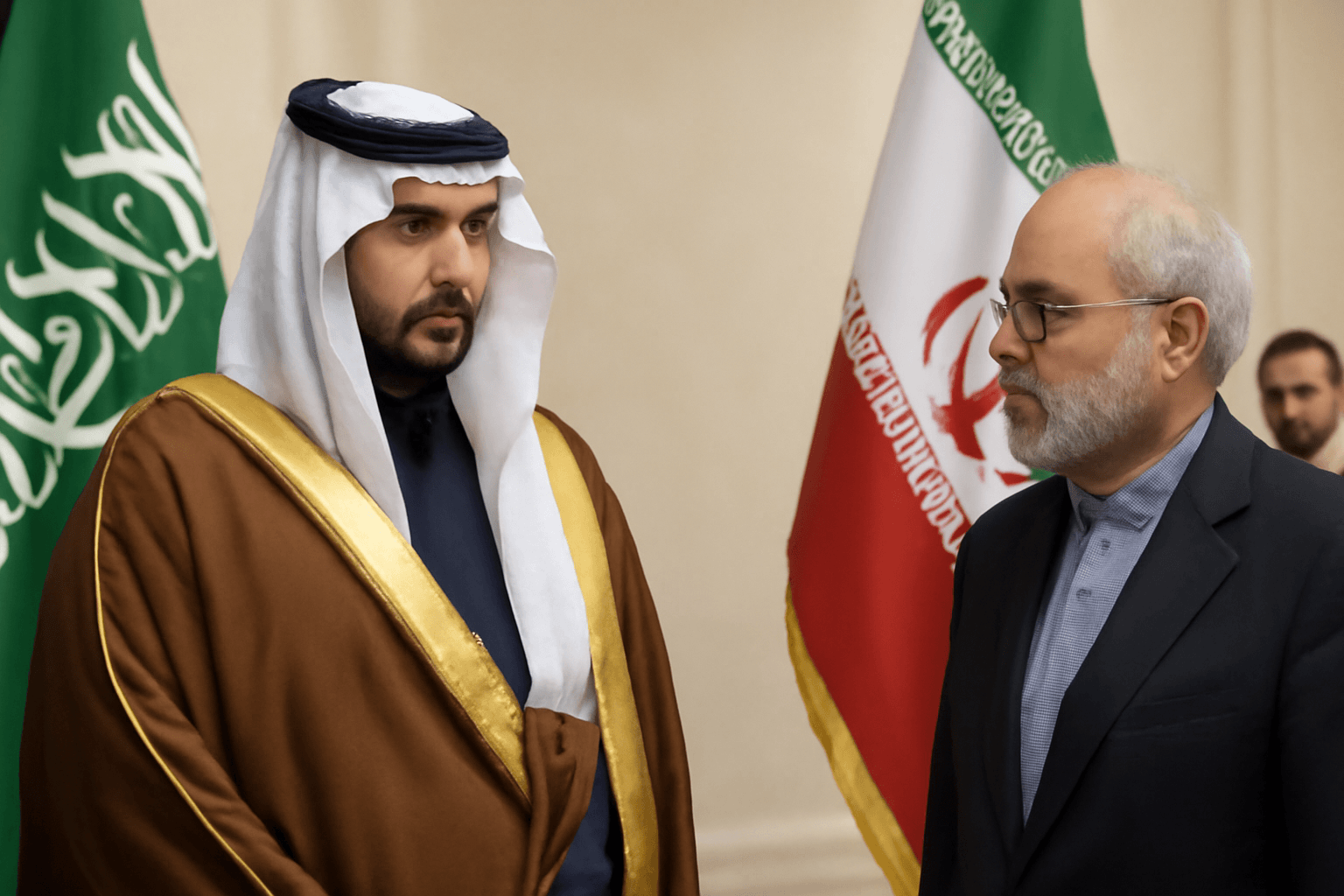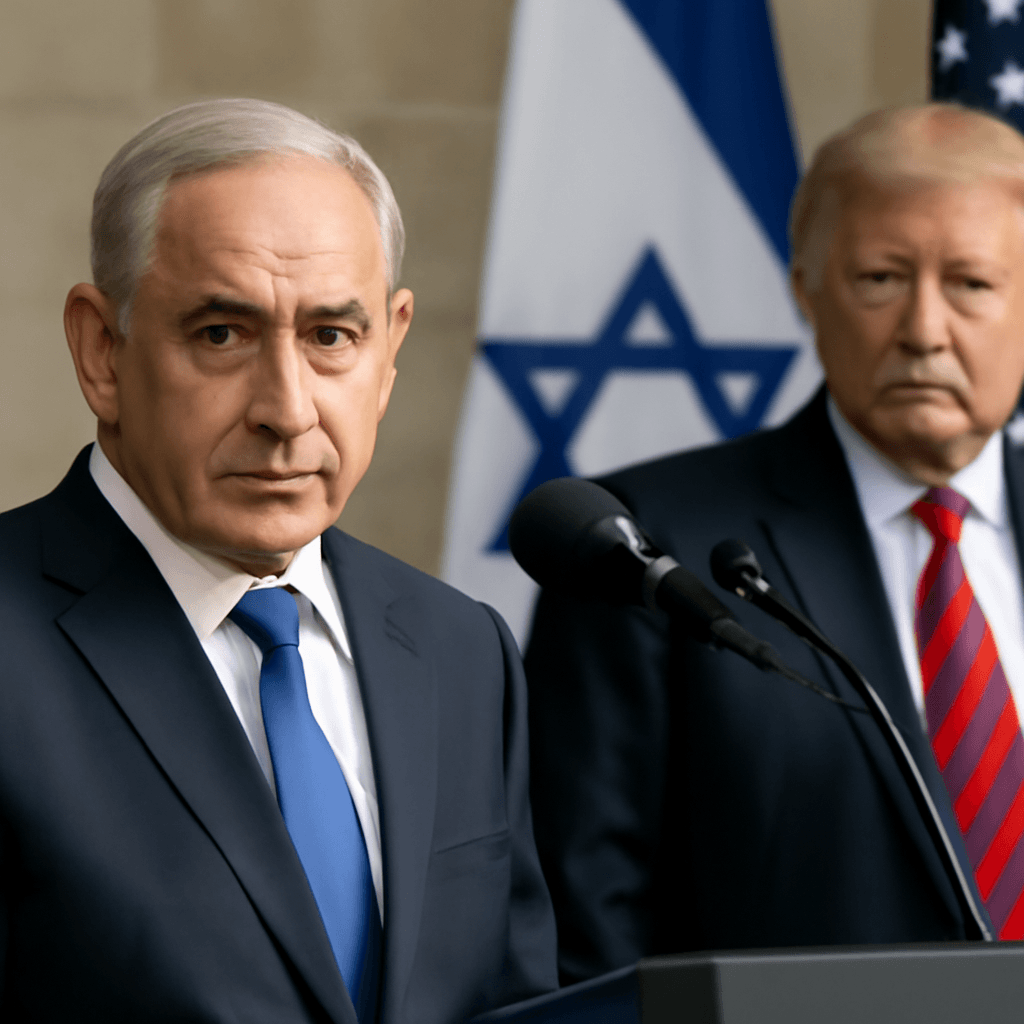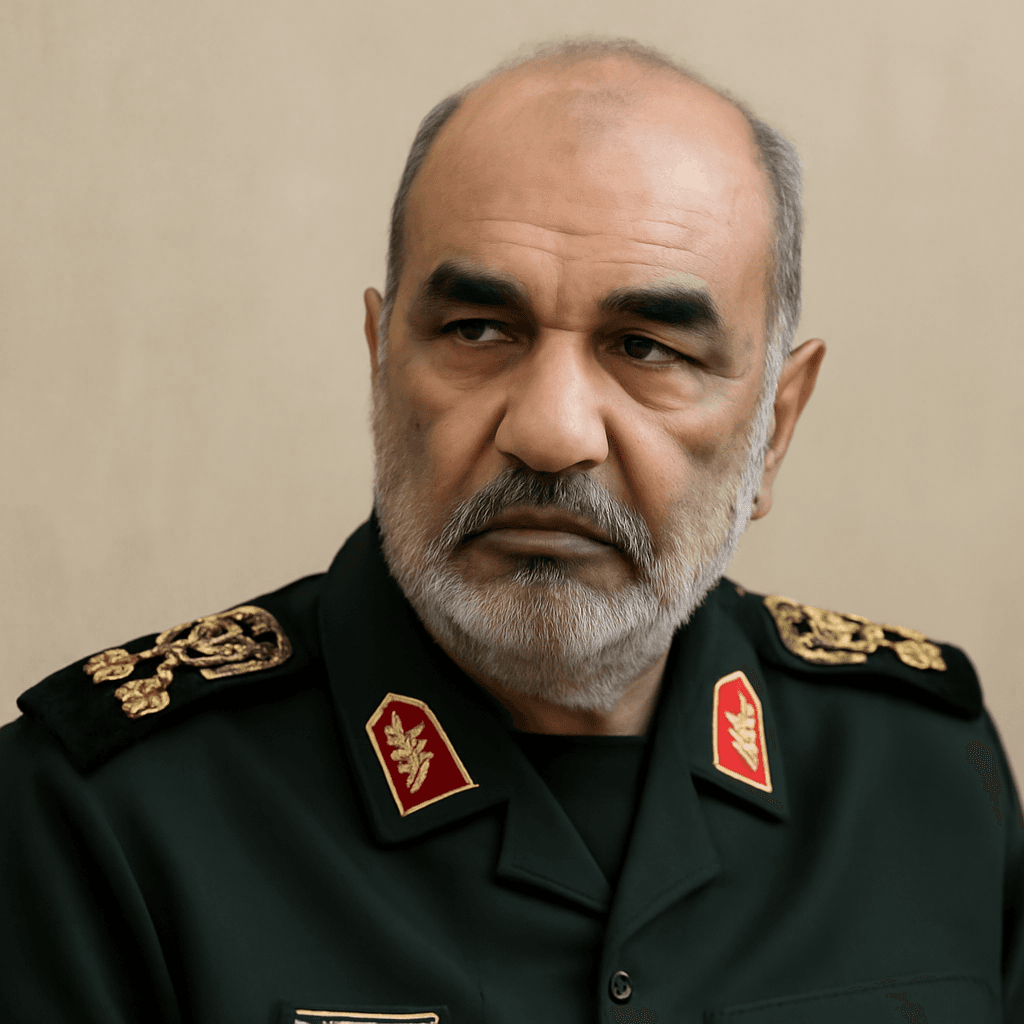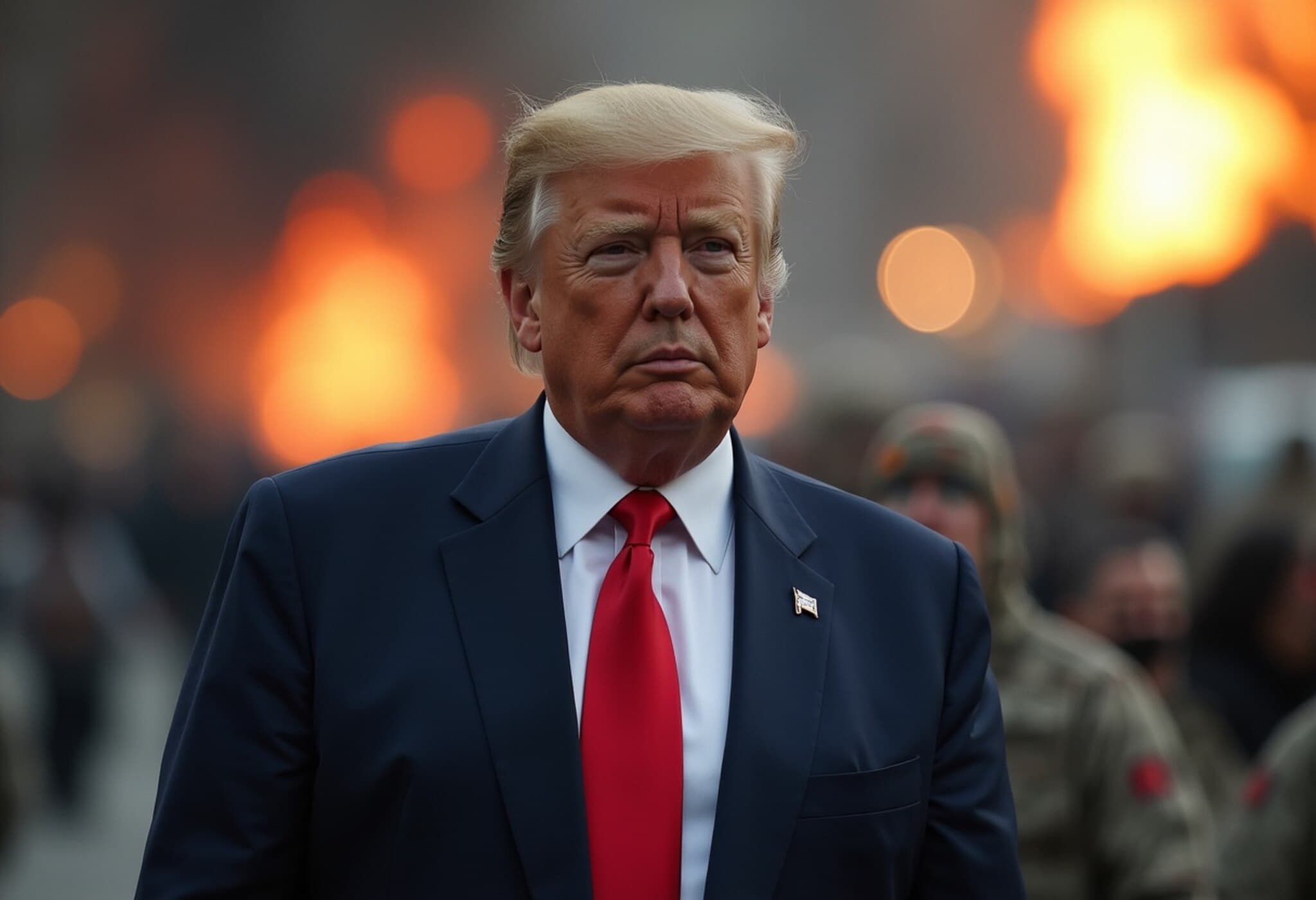The Rise and Fall of Amir Tataloo: Iran’s Controversial Rap Icon
Born on September 21, 1987, in Tehran, Amir Hossein Maghsoudloo, better known by his stage name Amir Tataloo, has become one of Iran’s most recognizable and polarizing music figures. Known for his tattooed appearance and genre-blending sound mixing pop, R&B, and rap, Tataloo’s journey from humble beginnings to underground stardom has been marked by controversy and clashes with Iranian authorities.
Early Life and Musical Beginnings
Growing up in a financially struggling family, Amir began working as a carpenter at the tender age of 14, balancing labor with his education. Throughout his high school years, he juggled jobs including working at a grocery store, all while nurturing a deep passion for music.
His career took off in 2003 when he released his first single, launching him onto Iran’s underground music scene. Over time, Tataloo gained recognition for his unique sound and cultural influence, notably creating the song "Manam Yeki az un Yazdahtam" ("I'm Also One of Those Eleven Players") in support of the Iranian National Football Team during the 2014 FIFA World Cup.
Music Meets Politics: Controversial Releases and Arrests
In 2015, Tataloo stirred public debate with the release of Energy Hastei, a pro-Iranian nuclear anthem produced on the Iranian navy ship Damavand amid the nuclear negotiations in Vienna. The song topped trending searches but ignited sharp reactions, especially from reformist factions within Iran who drew parallels with protest music from 2009.
His outspoken style and rebellious persona led to his arrest in 2016 for allegedly promoting content deemed incompatible with Islamic values. Nonetheless, his career continued abroad after he relocated to Turkey in 2018, where he produced multiple albums and performed at high-profile concerts.
Legal Battles and Death Sentence
Despite his international activities, troubles caught up with Tataloo when Turkish authorities handed him over to Iranian officials in 2023. He was sentenced to 10 years in prison for charges including encouraging prostitution, spreading propaganda against the Islamic Republic, and distributing obscene content.
Earlier, he had been sentenced to five years in prison on blasphemy-related accusations such as insulting the Prophet Mohammed. However, after a prosecutor’s objection, the case was reopened, resulting in the Supreme Court overturning the previous verdict and issuing a death sentence in January 2025.
Tataloo’s Legacy and Current Status
Having released over 21 albums, with his first official album Zire Hamkaf debuting in 2021, Amir Tataloo also made history as the first Iranian artist to collaborate with Universal Music Group. Yet, his controversial views — including remarks supporting child marriage — and defiance of social norms continue to divide opinion.
As he faces the gravest penalty under Iran’s judicial system, his story embodies the fraught intersection of art, politics, and freedom of expression in a repressive environment.

